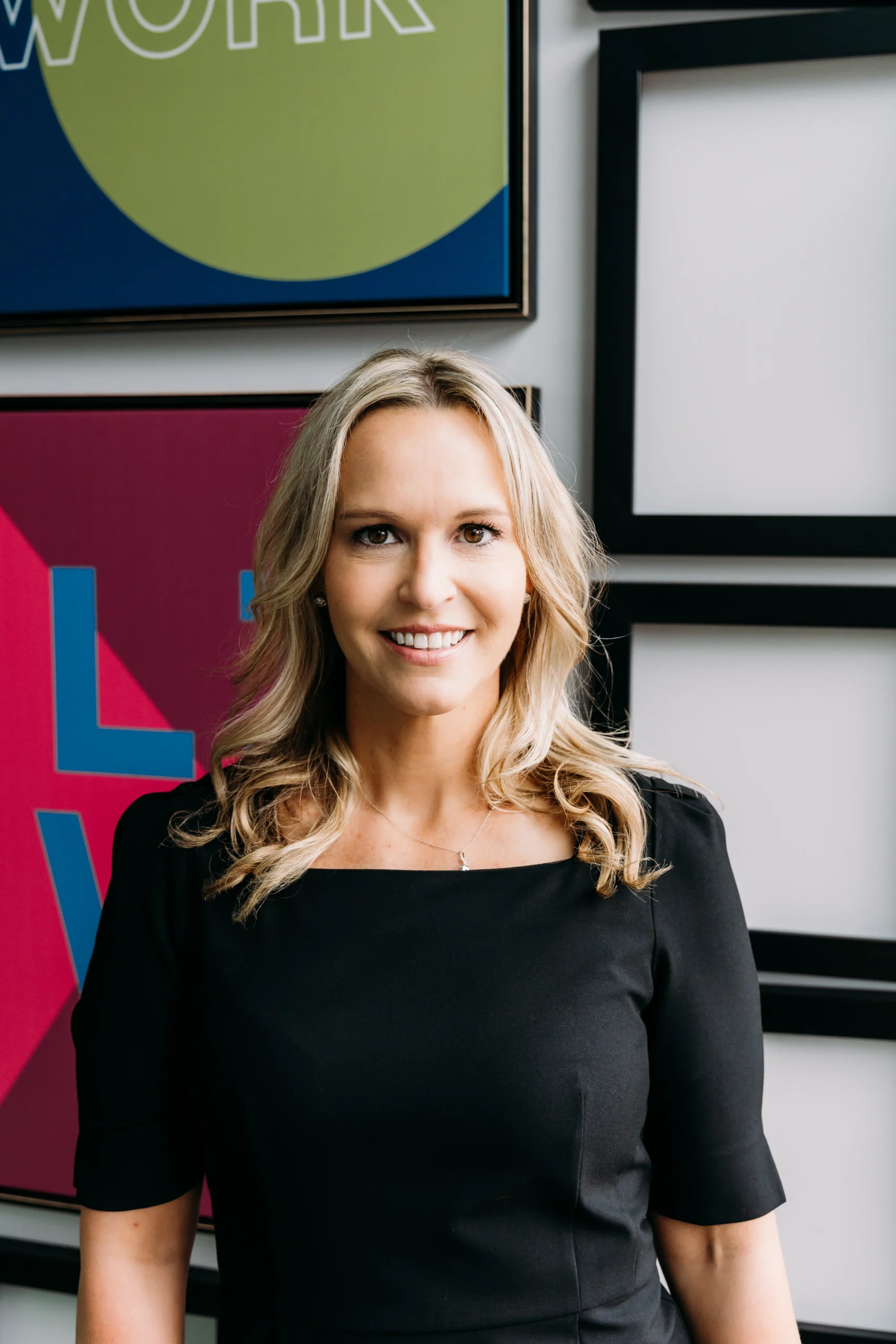On Cinco de Mayo in 2010, I pulled up to my house and was planning to drop my work bag and go grab margaritas with friends. My phone rang, and it was a well-respected leader whose team I collaborated with. She asked if she could give me some feedback. I knew I was still growing in my role, but I wasn’t prepared for the hard feedback I was about to hear. I was crushed, and I left the call very confused. She told me my confidence made me unapproachable and people were hesitant to share their ideas. It wasn’t that I was arrogant, but I needed to shift my communication style. I struggled to understand how to be authentic, get my intent and actions to align, and be clear about what I needed to change. I certainly didn’t make it to margarita night, as I had a lot of emotions…
- I never intended to make people feel that way.
- I didn’t agree with the feedback. For so long, I needed that confidence to be taken seriously.
- I was not sure how to “fix it”.
- I did not know who could help me through this.
I remembered something a previous leader told me. He always used to say, “there’s a kernel of truth in every piece of feedback”, and I knew it was upon me to find the truth. It took months to understand my opportunity for growth and apply it. As I look back, I am grateful she had the courage to give me feedback. While the communication style I was using worked in past roles, I had to adapt my approach to be effective in this one.
Below are some strategies to leverage feedback to accelerate your growth:
- Explore your relationship with feedback. When you think about getting feedback does it make you cringe? Do you feel like you’ve done something wrong? Or do you see it as an opportunity to uplevel your performance? Practice reframing feedback as an opportunity to help you become your best.
- Focus on what is said, not what you feel. Be an active listener. You may need time and space to reflect before gaining clarity. Be patient and don’t rush to action. Overcorrecting can seem disingenuous and won’t feel good to you either.
- If you are unsure, politely ask for examples of the behavior that needs to change and understand what success looks like.
- Practice gratitude – our gaps or weaknesses exist whether you are aware of them or not. Wouldn’t you rather someone tell you, so you have the opportunity to change?
- Recognize that we all have opportunities for growth. It isn’t personal. Even if it is, most of the time there’s some truth in the feedback. Search for it and decide to what extent you want/need to change.
- Build your personal “Board of Directors” who proactively give you feedback. This should be a mix of people you trust (i.e., leaders, peers, colleagues, friends, etc.). You should be comfortable sharing your goals and development areas with them. Note, these are not enablers; they are people that care enough to be honest and help you through it. Be thoughtful when selecting this group as the quality of feedback may be dependent on their experience and ability to observe you in action.
Feedback is a gift; you must receive it frequently to be on a steady growth trajectory. If you want to dive deeper into how you can leverage feedback to become your best, set up a free discovery call at whitneyfaires.com.
